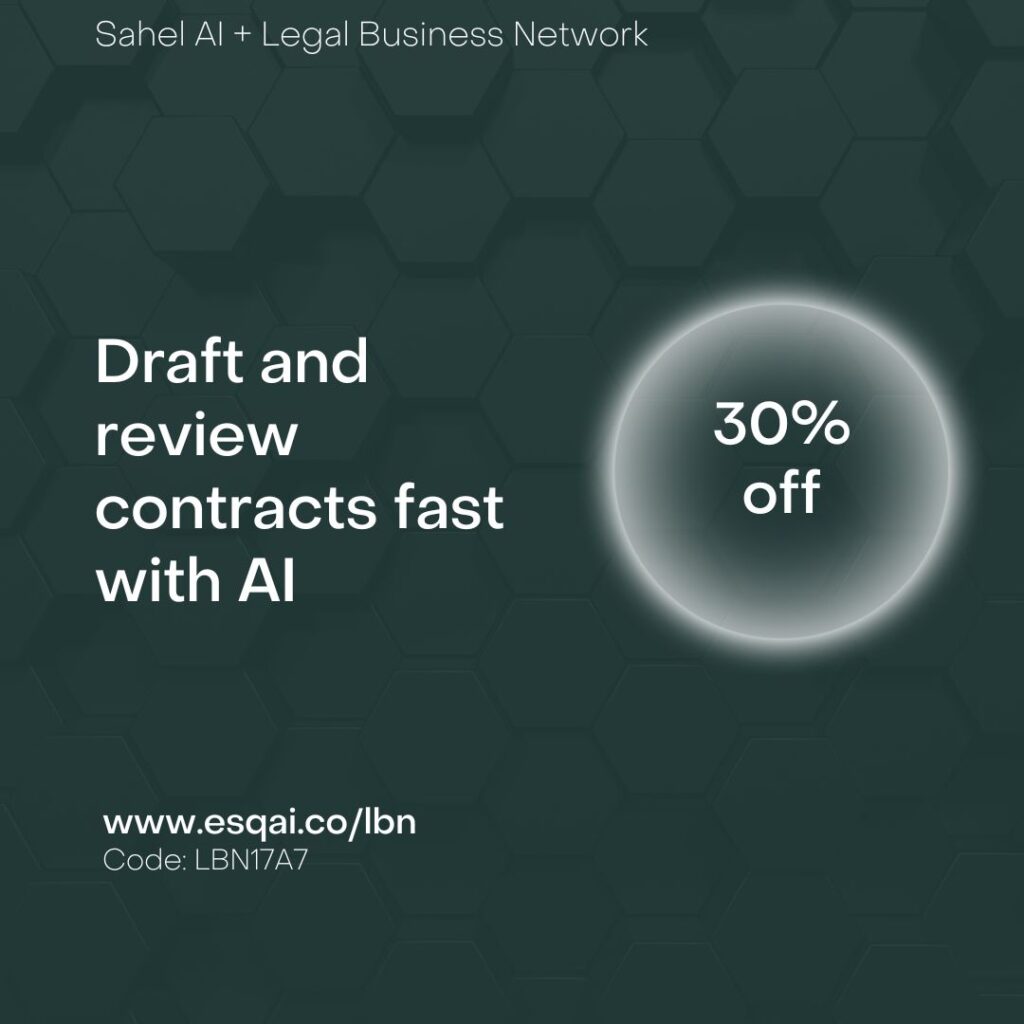By Aleke Francis AO
In our increasingly interconnected world, the digital realm has become an integral part of our daily lives. From social media to online banking, we rely on the internet for numerous activities. However, as our dependence on digital platforms grows, so does the risk of being digitally attacked. These attacks can take various forms, such as hacking, phishing, doxxing, or cyberbullying. This article explores how it feels to be digitally attacked, shedding light on the emotional toll it can take, and concludes with steps to mitigate and recover from such experiences.
The Emotional Impact of Digital Attacks
Invasion of Privacy
One of the most common forms of digital attacks is the invasion of privacy. Whether it’s a hacker gaining access to your personal photos, messages, or confidential information, this violation can leave victims feeling exposed and vulnerable. The invasion of privacy triggers emotions like fear, helplessness, and a deep sense of violation. Victims often struggle to regain a sense of control over their personal information and digital life.
Anger and Frustration
When targeted by digital attackers, victims often experience intense anger and frustration. This is particularly true in cases of cyberbullying or online harassment. The hurtful comments, threats, or false accusations can evoke strong negative emotions, leading to feelings of powerlessness and outrage. Victims may find it difficult to understand why they have become targets and may wrestle with the unfairness of the situation.
Anxiety and Paranoia
Digital attacks can also lead to heightened anxiety and paranoia. Victims may constantly worry about their online security, question the authenticity of messages or emails, and fear future attacks. This persistent state of anxiety can negatively impact one’s mental health and overall well-being, making them hesitant to engage online and potentially isolating themselves.
Emotional Distress
In severe cases, digital attacks can cause significant emotional distress, leading to symptoms of depression and post-traumatic stress. The constant fear of being targeted, coupled with the traumatic experience of a digital attack, can result in emotional scars that are challenging to heal. Victims may lose trust in digital spaces and even in people they interact with online.
The emotional impact of digital attacks is significant and should not be underestimated. As our lives become increasingly intertwined with the digital world, the potential for attacks grows. It is crucial to address and manage the emotional toll that digital attacks can take. Considering the spate of Digital attack prevalence, few key steps highlighted below can help to mitigate and recover from such experiences:
1. Strengthen Online Security: Invest in strong, unique passwords, two-factor authentication, and regular system updates to protect yourself from digital attacks.
2. Seek Support: Don’t suffer in silence. Reach out to friends, family, or a mental health professional if you are emotionally affected by a digital attack.
3. Report and Block: Report incidents of harassment or cyberbullying to the relevant authorities or platforms, and consider blocking or limiting interactions with perpetrators.
4. Digital Detox: If needed, take a break from the online world to regain your emotional equilibrium and reduce anxiety.
5. Build Resilience: Educate yourself about online security and be cautious about sharing personal information online. Developing digital resilience can help prevent future attacks.
In conclusion, digital attacks can have a profound emotional impact on individuals. Understanding these emotions and taking steps to protect yourself is essential in our interconnected world. By prioritizing online security and emotional well-being, we can navigate the digital realm more safely and confidently.
Aleke Francis AO is a Cybersecurity expert, CyberThreat Intelligence Analyst, Researcher and an InfoTech blogger.

